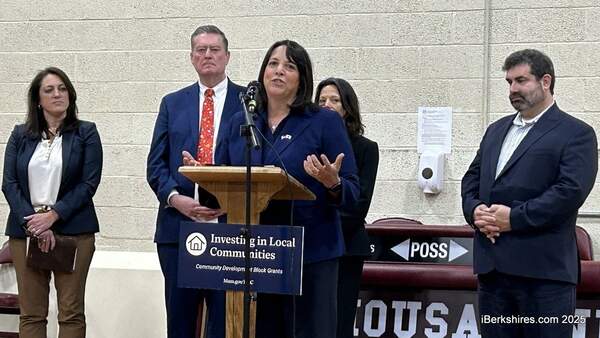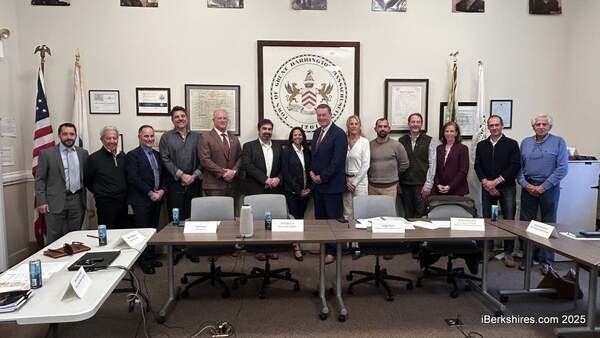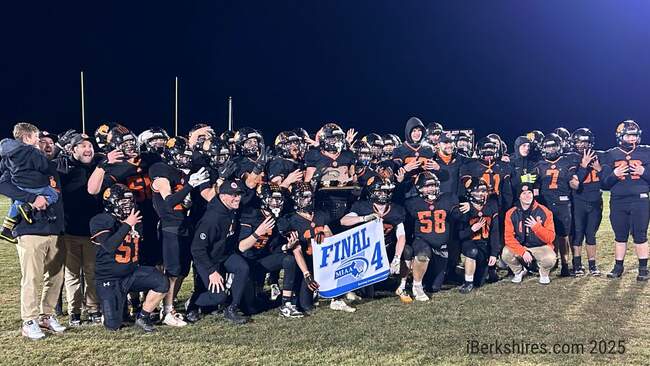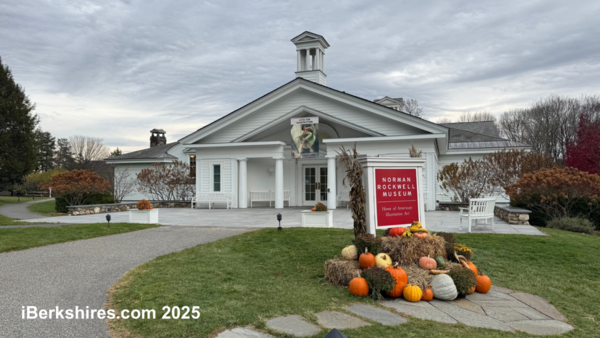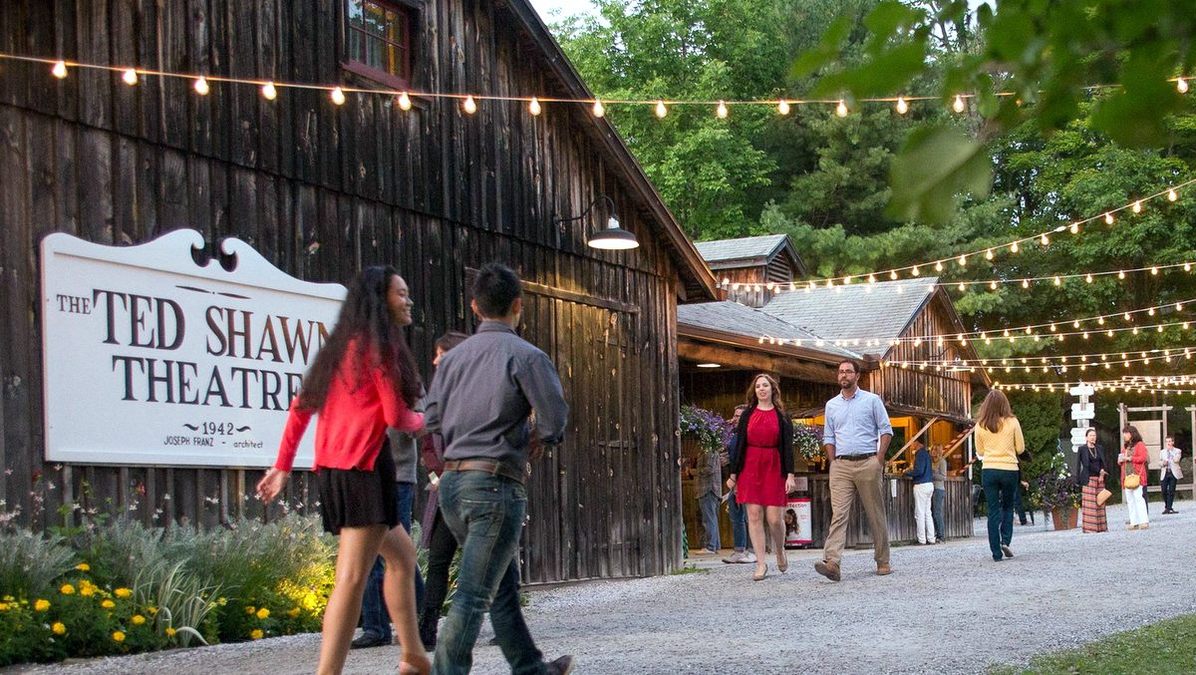
Jacob's Pillow Cancels Summer 2020 Season
BECKET, Mass. — For the first time in its 88 year history, the Jacob’s Pillow Dance Festival has been canceled for the summer 2020 season.
The festival's board of trustees and executive leadership announced the decision on Tuesday. The festival had been scheduled for June 24-Aug. 30.
The Pillow, which has expanded to a year-round center over the past four years, already had cancelled all public events, artist residencies, and rentals from March 13 through April 25 in an effort to slow the spread of COVID-19 and in accordance with state and federal mandates.
"For the safety of our staff, artists, audiences and the larger Berkshire community, this is our only responsible action," Jacob’s Pillow Executive and Artistic Director Pamela Tatge said in a statement. "If our collective efforts to slow the spread of COVID-19 are effective, and people are able to congregate again in August, we will make every effort to try to bring audiences together in keeping with the public safety guidelines in effect at that time.
"This is extremely difficult news to deliver; in the coming months we will do all we can to take care of our staff, artists, community and audiences," she said.
Since 1933, Jacob’s Pillow Dance Festival has presented dance artists from around the nation and the world at its historic site in the Berkshires of Western Massachusetts, in recent decades growing to a 10-week festival featuring more than 50 national and international dance companies with more than 500 free and ticketed performances, talks, tours, classes, exhibits, events and community programs.
"As the Board of Trustees, it is our first responsibility to ensure the health and safety of our staff, artists and audiences. The global pandemic has put our beloved festival and all who animate it at risk," Christopher Jones, chairman of Jacob's Pillow board of trustees, said in a statement. "We also are charged with serving as stewards of the Pillow’s fiscal health, and have been forced to make difficult choices as a result of the cancellation. I have tremendous faith in the Pillow’s leadership and staff to shepherd the organization through these trying times."
The organization's operating budget is $8 million, and nearly 50 percent of its annual revenue comes from Festival ticket sales and ancillary activities, the organization said in a news release. As a result of the cancellation, and to protect the fiscal health of the organization, the Pillow will reduce its year-round workforce of 45 full-time employees by 40 percent, laying off 10 people and leaving eight open positions unfilled. Additionally, 10 full-time employees will be moved to a part-time schedule, effective April 6.
The remaining 17 full-time employees will receive pay cuts ranging from 20 to 30 percent. Contracts for more than 40 seasonal staff have been canceled and the organization's Intern Program for 33 young people from around the world has been eliminated for 2020.
Those laid off will be eligible for coverage under the organization's health care through July 31 of this year.
In the coming months, Jacob’s Pillow will deliver digital content drawn from the Pillow's extensive archives, create new programs featuring artists that were scheduled this summer, and produce a new series of online PillowTalks. The Pillow is also exploring moving its professional training intensives offered at the School at Jacob’s Pillow online, and plans to resume its community engagement programs across Berkshire County as soon as it is safe to bring people together.
"At times like these, we can find comfort in the courage and moral imagination of our ancestors and predecessors," Tatge said. "In the midst of World War II, with its many shortages and hardships, Pillow founder Ted Shawn wrote, 'Jacob's Pillow has great and necessary work to do ... and we must carry on no matter what the difficulties.'
"We continue with that conviction today more than ever," she said.
Tags: COVID-19, jacobs pillow,
More Coronavirus Updates


